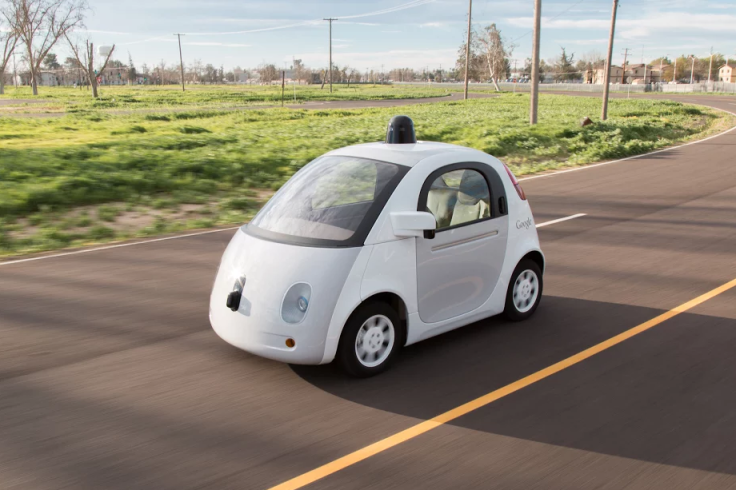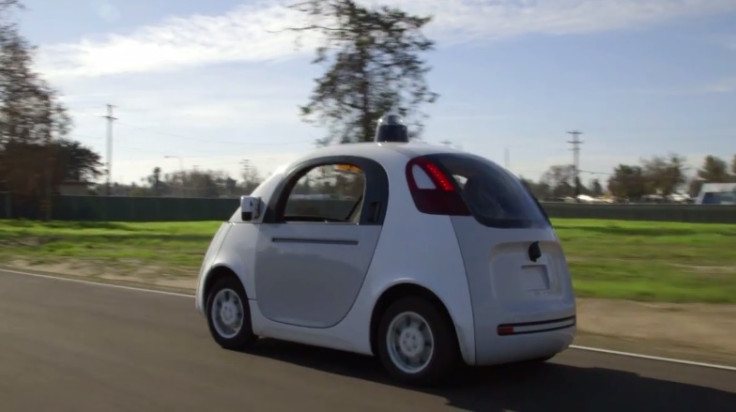On-demand motoring: The future of the car is in the hands of Apple, Google and Uber

The car is changing. I don't just mean automatic parking and electric motors instead of engines; I mean the entire concept of owning and using a car will change unrecognisably in my lifetime. The Big Three will no longer be Ford, General Motors and Fiat Chrysler; they will be Apple, Google and Uber.
These three companies understand how consumers work better than anyone else. They know how we buy products, how we use services, how we exchange money for intangible items, and how we rely on connected services and the internet for absolutely everything.
They see a future where car ownership is no longer a thing. Just as how we're now mostly happy with not physically owning music tracks, films, computer applications and video games, it won't be long before cars and other modes of personal transport occupy this same space. Why go to the effort of buying a car, when an autonomous one can be called to your front door through your phone?
Our cars spend the vast majority of their time not being used, yet they depreciate more than everything else we own. Driving a brand new car off the forecourt will take several thousand pounds off its value, yet this is just what we do. Then we spend more money refuelling, servicing, insuring, taxing and repairing – all for that ton-and-a-bit of metal to sit outside your house or office, or in the train station car park, for the majority of its existence.
Car makers are fine with this. They will sell you a new one every 10 years or so, they will charge for annual servicing and repairs, and we motorists will cough up.
Apple, Google and Uber know there is another way
Once they have cracked the fully autonomous car – most reckon this will be by 2020 – then a fleet of pods will whisk us from A to B, using an Uber-style app to arrange bookings and handle payments. Clearly, this is what the Silicon Valley set are up to do and it's a perfectly good idea. Why pay for a car which spends most of its life depreciating on your driveway?
Autonomous pods of all shapes and sizes can be produced by Apple and Google, then loaned out by Uber to customers when they want them. Regulars and company fleet managers would pay a yearly subscription to have 24/7 access, while more casual users would pay as they ride.

Cars will become tomorrow's horses – no more than a hobby and a sport
The cars we have now will become horses. They will be for the hobbyists who enjoy driving, but they will be restricted to private land and race circuits. For someone who loves driving, this scenario isn't far from apocalyptic, but for the rest of you – for those who buy a car like they buy a washing machine or a toaster – it is the perfect solution. No more drink-driving, no more accidents, no more road deaths and no more speeding or parking fines (the government and local councils might not be too impressed by that one).
If the concept of the motorcar had only just been dreamed up, then this undoubtedly would be the way it works. We're comfortable with subscriptions and we're comfortable not actually owning the stuff we pay for. An on-demand car service fits into our lives as neatly as the iPlayer and Spotify. Faraday Future, the mysterious new car maker which was rumoured to be linked to Apple, will likely show off a concept exactly like this at CES in January.
This will take an awful long time to become a reality, there's no denying that. Lawmakers will spend years working out how to keep us all safe and insurers will have to determine who is responsible when the inevitable happens and an autonomous car kills someone. But, on the whole, such a system could, one day, work.
As much as I adore the technology and the attention Tesla, Google, Uber and others have cast upon the car industry, I just hope this autonomous future comes along when I no longer want to drive myself. But with that view I fear I'm likely in the minority.
© Copyright IBTimes 2025. All rights reserved.






















